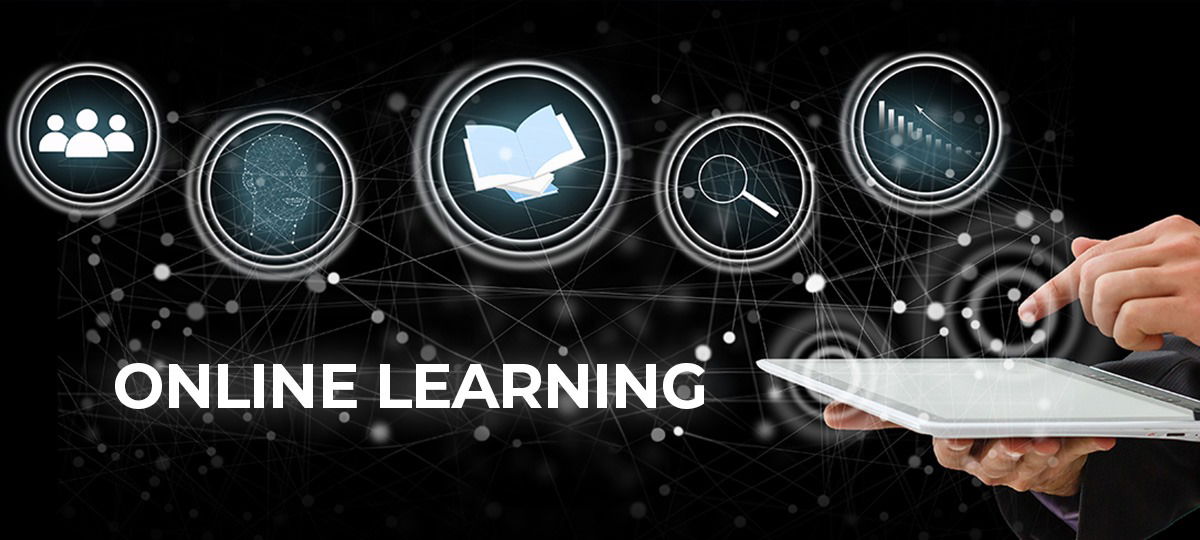In today’s competitive business landscape, developing effective leadership skills is crucial for professionals to succeed and drive growth within their organisations. To address this need, corporate leadership programs have become increasingly popular.
These programs aim to provide individuals with the necessary skills and knowledge to excel in leadership roles. In this blog, we will explore the key elements of designing effective corporate leadership programs and how they can benefit both individuals and organisations.
Identifying Leadership Competencies
The first step in designing effective leadership development strategies is identifying the key competencies required for successful leadership within the organisation.
- This involves understanding the specific challenges and goals of the organisation and defining the skills, qualities and behaviors that align with those objectives.
- To identify these competencies, organisations can conduct assessments such as interviews, surveys, or performance evaluations.
- Additionally, benchmarking against industry standards and best practices can help determine which leadership traits are most relevant in today’s business environment.
Customising Programmes for Different Levels
Leadership development strategies need to be tailored to cater to different levels within an organisation.
- While entry-level employees may benefit from foundational leadership skills such as communication and teamwork, mid-level managers might require training on strategic thinking and decision-making.
- By customising programmes based on employee levels, organisations ensure that leaders receive targeted development opportunities that address their specific needs.
- This approach not only maximises the impact of the programme but also enhances employee engagement by showing them that their growth is valued.
Incorporating Mentorship and Coaching
Mentorship and coaching play a vital role in developing effective leaders.
- By pairing aspiring leaders with experienced mentors or coaches who can provide guidance and support, organisations create a conducive environment for learning from real-world experiences.
- Mentors bring valuable industry insights and share their own leadership journey while coaches focus on individual development plans by identifying strengths and areas for improvement.
- This combination of guidance and personalised support allows leaders to gain practical knowledge, build their confidence and navigate challenges more effectively.
Creating Leadership Development Plans
To ensure continuous growth and development, organisations should create individualised leadership development plans for programme participants.
- These plans outline specific goals, milestones and action steps that align with the identified leadership competencies.
- These plans can include a mix of formal learning opportunities such as workshops or courses, as well as informal learning through on-the-job experiences and stretch assignments.
- Regular check-ins and feedback sessions help measure progress and make necessary adjustments to the development plan.
Crafting Strong Leaders With Imarticus
Imarticus Learning offers a range of corporate training programs, including leadership development strategies.
- The Imarticus Game Studio provides game-based onboarding solutions that leverage technology to create engaging and immersive learning experiences.
- By incorporating gamification elements into leadership programmes, organisations can enhance participant engagement, knowledge retention and skill application.
Designing effective corporate leadership programmes requires careful consideration of organisational needs, individual competencies, targeted customisation, mentorship support and personalised development plans.
These programmes empower individuals to become effective leaders by equipping them with the skills needed to navigate complex business challenges successfully. If you want to enhance your skills in corporate leadership or explore other areas of professional growth, consider taking advantage of Imarticus Learning’s comprehensive courses.
Visit our website today to learn more about our offerings and take the next step towards designing effective corporate leadership programs.









